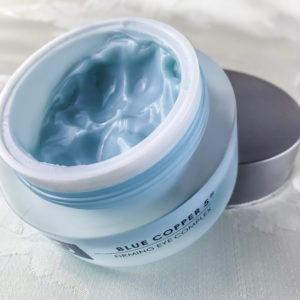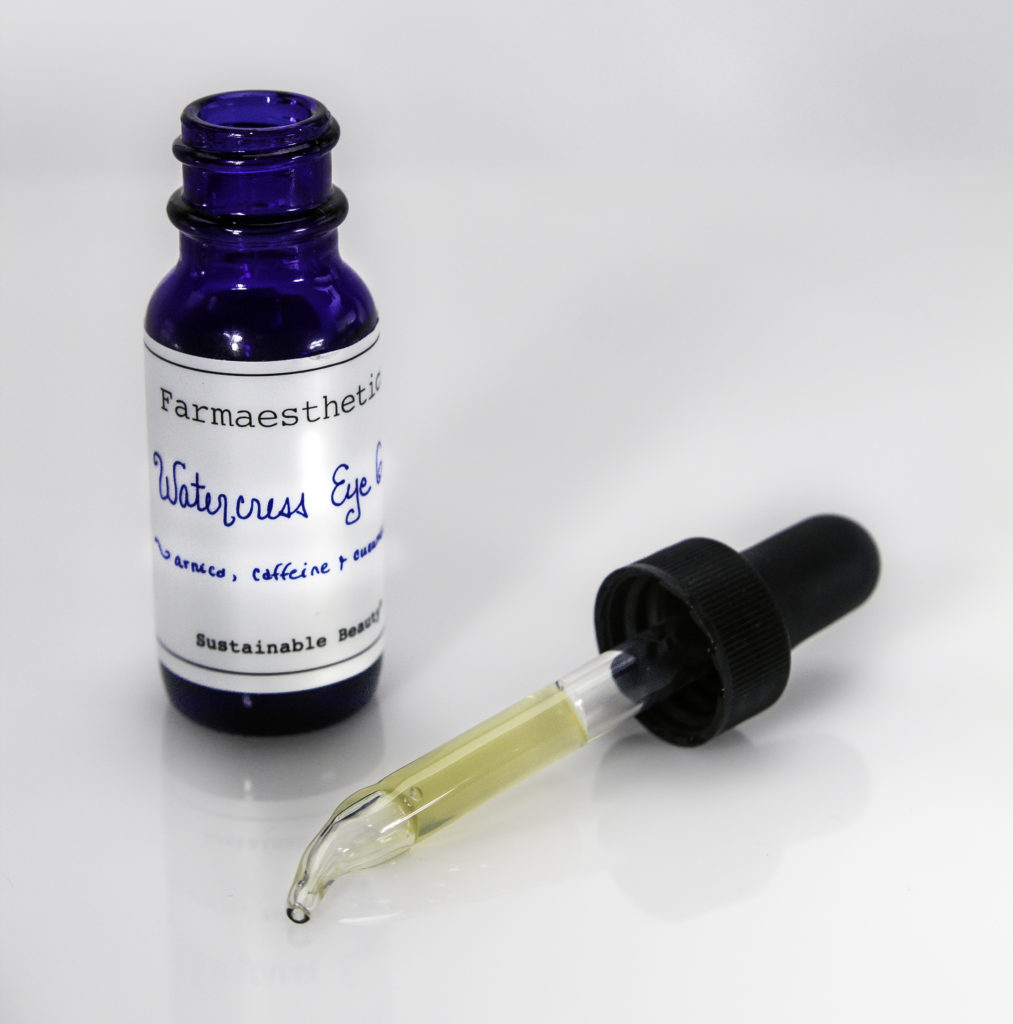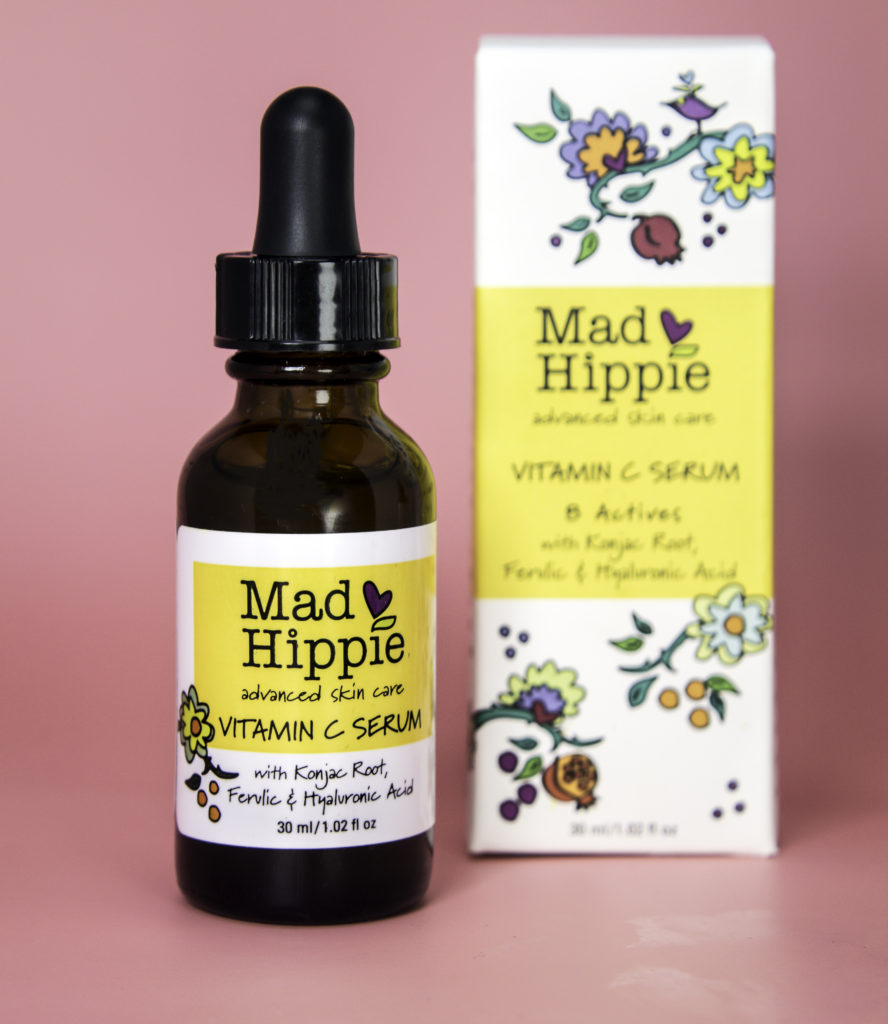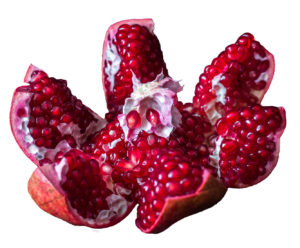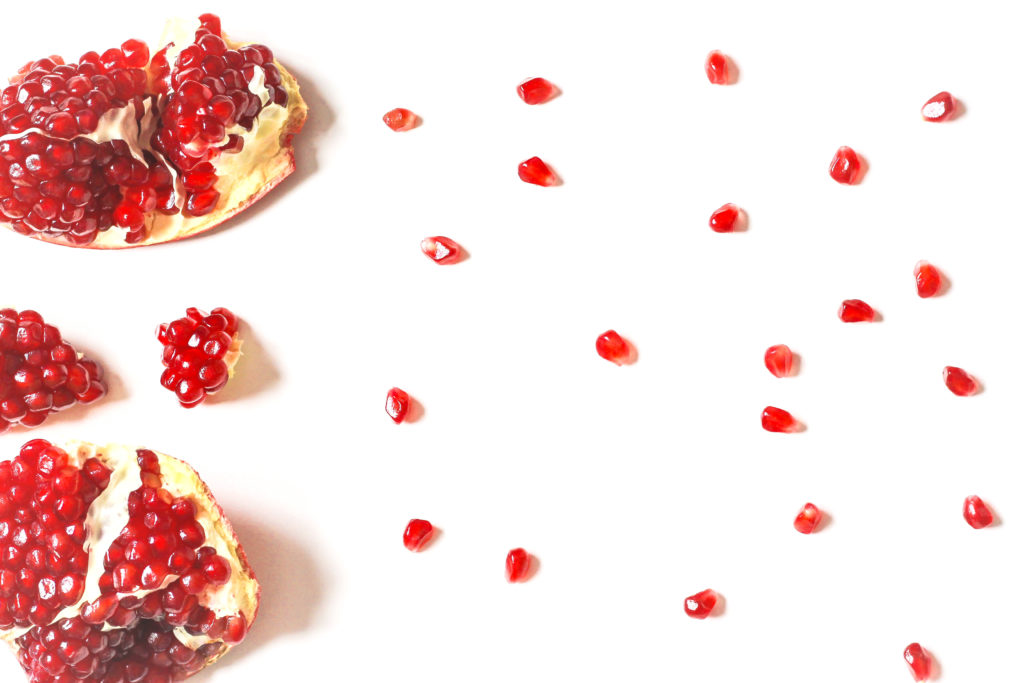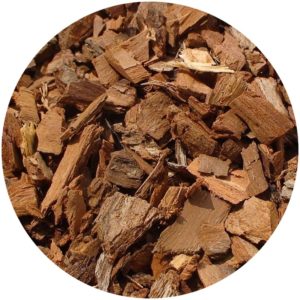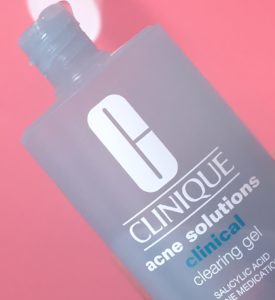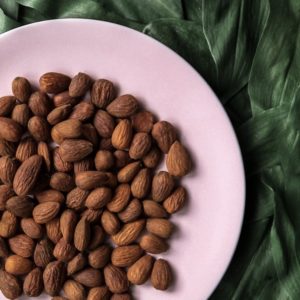Copper in Skincare:
Does it Work?
Copper is one of the recent beauty buzzwords increasingly appearing within skincare. Skin care products with copper are generally on the pricer end of the spectrum. It all sounds promising, but what does research say about copper in skincare?
Copper is available in some foods, supplement form and topically within skin creams and serums.
How Copper Benefits Skin and Hair
- Copper peptides promote collagen, elastin and hyaluronic acid production within the skin. All three are vital for skin firmness, texture, radiance, and appearance. But all three of these components decrease with age. Elastin is especially difficult to replace. Few skin products build Elastin like copper. Elastin is a necessary part of younger, resilient skin with less sagging. Elastin gives skin its youthful springy and bouncy quality. Elastin is crucial to achieve young-looking skin because it reduces sagging and wrinkles.
Copper peptides also remove damaged collagen. [1]
Copper is useful for hair growth. Copper is used in both hair supplements and topical scalp applications. Copper increases the size of shrunken hair follicles. It stops hair thinning and often reduces premature graying.
Why copper products are expensive
The copper extraction process is costly and produces little skincare-quality copper. A product requires a certain amount of copper to make a meaningful difference. It won’t be the first listing of the ingredient list, but it can’t be effective if it is the last ingredient of a long list.
For best results, Copper should be paired with supporting ingredients. These include Peptides, Vitamin C, hyaluronic acid, and retinoids. [2]
Recommended Products With Copper
Some products featuring copper which we find effective include:
Osmotics Cosmeceuticals Blue Copper 5 line features copper in both their skin care and hair care range. We love the attention Osmotics gives to copper-supporting ingredients like Vitamin C and other key ingredients to get the most bang for your beauty buck.
When it comes to proper copper delivery for beauty benefits, Osmotics Cosmeceuticals is the real deal.
Farmaesthetics Watercress Eye Gel contains Watercress. Watercress is an antioxidant containing Copper. [3] Watercress Eye Gel is an exceptionally gentle yet highly effective eye serum with quality, natural ingredients.
Naturally Copper-rich Ingredients
Konjac Root contains copper amongst its’ many nutrients, as well as Vitamin C. Since copper works so well with C, Konjac Root is a great active ingredient in skincare. Meanwhile, it holds water in skin.
One Konjac Root product we love is Mad Hippie Vitamin C Serum, it contains all the actives that work well with copper.
Moringa Oil contains copper. Lightweight and non-comedogenic, it is suitable for use on both hair and skin.
SuperNatural Body Glo Body Oil with Bergamot contains copper-rich Moringa Oil along with several other amazing oils to nourish and soften skin.
How to Fix Dry Skin Organically: SuperNatural Body Glo Body Oil with Bergamot

Mango Seed Extract is rich in copper
Mango Seed Extract is high in copper. It is used in skincare and some natural cosmetics.
One we love is Caley Cosmetics Color Wave Natural lipstick. Copper keeps lips smooth and plump.
Celebrate National Lipstick Day with Caley Cosmetics Color Wave Natural Lipstick
QUESTIONS? COMMENTS?
Know a good skin or hair care product that contains copper? Tell us!
Have any questions or comments about copper in skincare? The Style Chicks are here to answer them.
Leave a comment or email us at questions@stylechicks.com
References
- Pickart L, Vasquez-Soltero JM, Margolina A. GHK Peptide as a Natural Modulator of Multiple Cellular Pathways in Skin Regeneration. Biomed Res Int. 2015;2015:648108. doi:10.1155/2015/648108
- A.A, Abdulghani & A, Sherr & S, Shirin & G, Solodkina & Morales Tapia, E & B, Wolf & A.B, Gottlieb. (1998). Effects of topical creams containing vitamin C, a copper-binding peptide cream and melatonin compared with tretinoin on the ultrastructure of normal skin – A pilot clinical, histologic, and ultrastructural study. Disease Management and Clinical Outcomes. 1. 136-141. 10.1016/S1088-3371(98)00011-4.
- Applied Biochemistry and Microbiology, July 2001, pages 392-399
